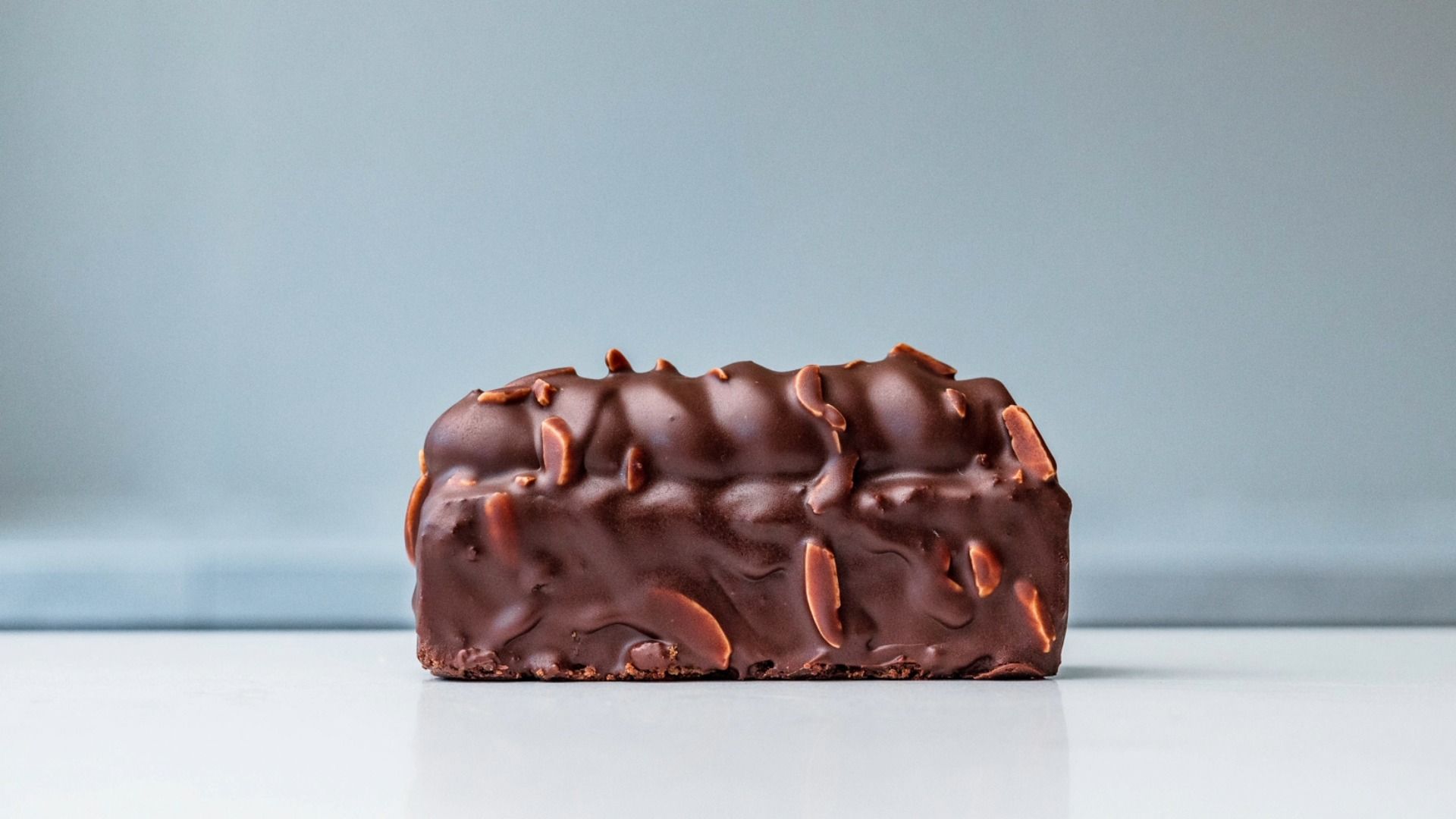Plain Flour vs All-Purpose Flour: Everything UK Bakers Need to Know

Have you ever opened an American recipe and felt a little lost at “all-purpose flour”? You’re not alone. With more UK home bakers diving into US-based recipes, the confusion over flour types is more common than ever.
So, what exactly is all-purpose flour? How does it compare to UK plain flour? And should you make the switch?
Let’s break it down—and discover why the new Regenerative All-Purpose Flour from Matthews Cotswold Flour might just become your new favourite pantry staple.
What’s the Difference? UK Plain Flour vs. US All-Purpose Flour
In the UK, plain flour is our go-to for general baking. In the US, that’s all-purpose flour. But they’re not quite the same.
The key difference lies in protein content, which directly affects the gluten structure in your bakes.
Flour Type
UK Plain Flour
Protein Content: 9-10%
Best Uses: Biscuits, tender cakes, pastry
US All-Purpose Flour
Protein Content: 10-12%
Best Uses: Cookies, muffins, brownies, sturdy cakes
Bread Flour
Protein Content: 12-14%
Best Uses: Bread, pizza dough, bagels, cinnamon buns
Cake Flour
Protein Content: 7-9%
Best Uses: Light sponge cakes, chiffon, angel food cake

Understanding your flour matters—this image highlights the key ingredient behind every great bake.
Whether you're using plain flour, all-purpose, or bread flour, protein content directly affects the texture of your cakes, cookies, and pastries.
Why Protein Content Matters in Baking
Protein = potential gluten.
Too little = soft and crumbly.
Too much = chewy and dense.
That’s why cake flour makes featherlight sponges, and bread flour gives us chewy bagels.
All-purpose flour hits the sweet spot—offering more structure than plain flour, but still yielding soft, tender results. It’s especially good for:
-
Chocolate fudge cakes
-
Carrot cake
-
Banana bread
-
Muffins
-
Brownies
-
Bundt cakes
-
Some cookies (especially if you love a soft centre + chewy edge)
Want to see it in action? Check out my Chocolate Fudge Cake recipe, made with all-purpose flour.

This rich and indulgent chocolate fudge cake was made with UK plain flour—but it's a perfect match for the new all-purpose flour now available to UK bakers.
Learn how to adapt your favourite recipes for even better results.
Introducing Regenerative All-Purpose Flour in the UK
Thanks to Matthews Cotswold Flour, UK bakers finally have access to a true all-purpose flour—made using regenerative farming practices.
What does this mean?
🌾 Improved soil health
🐝 Better biodiversity
🌍 Lower carbon footprint
🍞 Superior baking performance
I haven’t yet tested this specific AP flour from Cotswold (I will soon!), but I’ve used many of their other flours and wholeheartedly support their commitment to sustainability and quality. It aligns beautifully with my baking ethos: natural, flavour-first, and conscious of our impact.

Matthews Cotswold Regenerative All-Purpose White Flour—now available in the UK. A versatile option for cookies,
muffins, sturdy cakes, and breads, with a protein level that bridges the gap between plain and bread flour.
4 Tips for Using All-Purpose Flour in the UK Kitchen
-
Sift it!
This helps remove clumps and results in lighter, airier bakes. -
Measure accurately
Spoon into cups and level off—or better yet, use kitchen scales for precision. -
Store it properly
Airtight container, cool place, no moisture = fresh flour for longer. -
Custom-blend when needed
For super soft cakes, try blending all-purpose with a bit of cornflour or cake flour to reduce protein slightly.
Sourcing Sustainably: Why Flour Quality Matters
We talk a lot about chocolate, butter, and eggs—but flour is the backbone of baking. Using high-quality, sustainably produced flour not only makes your bakes taste better—it supports ethical farming and future generations of food lovers.
Ready to Bake Smarter? Save This Post for Later!
Flour can make or break a bake—but now you know exactly what to choose and why. So next time you see “all-purpose flour” in a recipe? You’ll know exactly how to swap it, use it, and get better results.
💌 Want more baking insight like this?
Sign up for my newsletter below to get recipes, techniques, and baking tips delivered right to your inbox.
📌 Save this post, share it with a fellow baker, and bookmark it for the next time you’re unsure which flour to grab.
Happy Baking,
Faye x
Read The Baking Standard
Editorial guidance for bakers and food founders who care about technique, ingredients, and long-term credibility.
Unsubscribe anytime.







